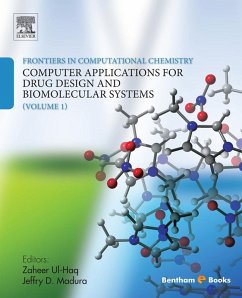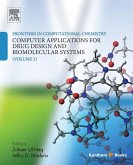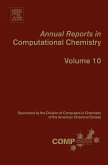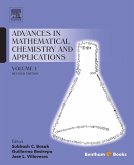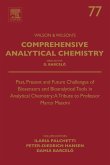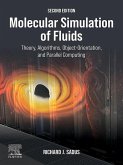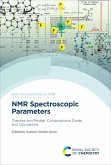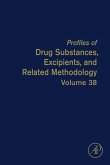Frontiers in Computational Chemistry, originally published by Bentham and now distributed by Elsevier, presents the latest research findings and methods in the diverse field of computational chemistry, focusing on molecular modeling techniques used in drug discovery and the drug development process. This includes computer-aided molecular design, drug discovery and development, lead generation, lead optimization, database management, computer and molecular graphics, and the development of new computational methods or efficient algorithms for the simulation of chemical phenomena including analyses of biological activity. In Volume 1, the leading researchers in the field have collected eight different perspectives in the application of computational methods towards drug design to provide an up-to-date rendering of the current field. This volume covers a variety of topics from G protein-coupled receptors, to the use of cheminformatics and bioinformatics, computational tools such as Molecular Mechanics Poisson-Boltzmann Surface Area, protein-protein interactions, the use of computational methods on large biological data sets, various computational methods used to identify pharmaceutically relevant targets, and more. - Brings together a wide range of research into a single collection to help researchers keep up with new methods - Uniquely focuses on computational chemistry approaches that can accelerate drug design - Makes a solid connection between experiment and computation and the novel application of computational methods in the fields of biology, chemistry, biochemistry, physics, and biophysics, with particular focus on the integration of computational methods with experimental data
Dieser Download kann aus rechtlichen Gründen nur mit Rechnungsadresse in A, B, BG, CY, CZ, D, DK, EW, E, FIN, F, GR, HR, H, IRL, I, LT, L, LR, M, NL, PL, P, R, S, SLO, SK ausgeliefert werden.

